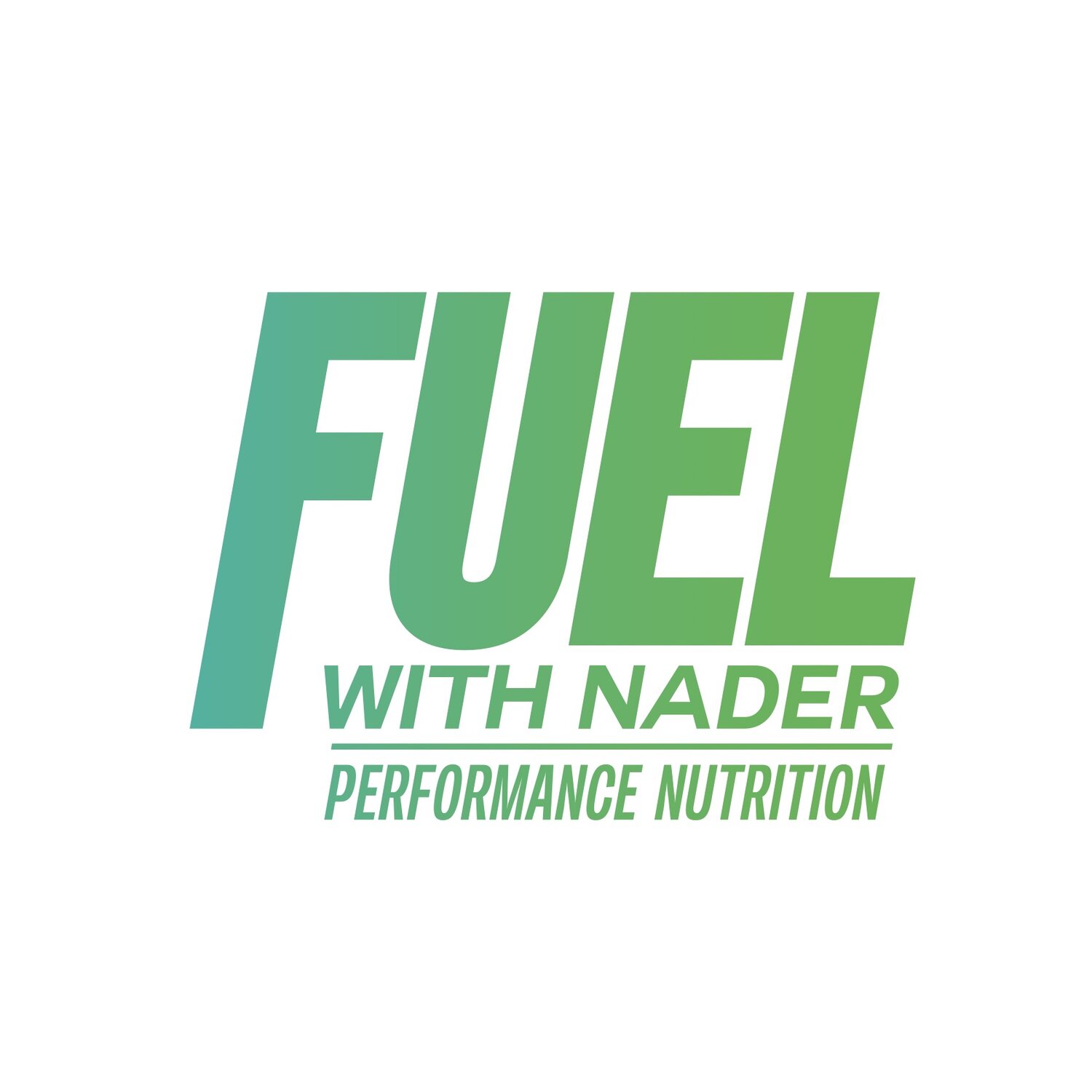Intuitive Eating: Is it really for Athletes?
Intuitive Eating.
Maybe you’ve heard the term or philosophy or practice. It is “a self-care eating framework, which integrates instinct, emotion, and rational thought” and came about by two dietitians, Evelyn Tribole and in 1995. It takes away the idea of starvation to achieve a body type, and is a more natural form of eating for an individual.
There are 10 principles of Intuitive Eating and I won’t dive deep into them today, but knowing what they are helps better understand how it applies to athletes and helps athletes become the best version of themselves.
Reject the diet mentality
Honor your hunger
Make peace with your food
Challenge the food police
Discover the satisfaction factor
Feel your fullness
Cope with your emotions with kindness
Respect your body
Movement - Feel the difference
Honor your health -Gentle nutrition
There are a lot of these, but the ones that apply most to athletes are: Honor your hunger, cope with emotions with kindness, respect your body and movement.
Honor your hunger…for athletes
This is about understanding your bodies needs, it’s hunger cues. An athlete cannot perform without eating food AND eating enough food. And part of that is understanding when we should eat. We should not ignore the stomach growling, rather we should listen and give it what it is asking for. This is a form of respect towards the body.
“But I am not hungry after a tough workout. So should I just not eat?” This is where self-care hunger comes into play. We know exercise can suppress the appetite hormone, Grehlin, keeping us from hunger, but our bodies need energy intake after a workout. So our bodies need food so this is self-care feeding by caring for your self and performance.
Cope with emotions with kindness
Often times people will cope with emotions with food or exercise, because that is how we soothe ourselves. That sends us into a spiral of negative thoughts, self-image, or under fueling for goals.
“Find kind ways to comfort, nurture, distract, and resolve your issues. Anxiety, loneliness, boredom, and anger are emotions we all experience throughout life. Each has its own trigger, and each has its own appeasement.” - Evelyn Tribole, Intuitive Eating Website
So instead of eating your emotions, try journaling or mediation or talking to a friend or family member. Or instead of running off stress, try an easy walk around the neighborhood. It is about finding other ways to cope with emotions to become more mindful.
Respect your body
This is key for athletes. It is the idea that you have to respect where your body is at now and feeling more confident in your own skin, without setting unrealistic expectations for yourself. Sound familiar, athletes? In training, we have goals, but they can’t be unrealistic, and our coaches will tell us that. We also can’t achieve much if we constantly don’t have confidence in ourselves and what our body can do. And the more we respect our bodies and where they are at now, the more our bodies will respect us right back and help us towards our goals. So a concept designed for eating can also apply to training, which is why I believe this is a great philosophy for athletes.
Movement - Feel the difference
In intuitive eating, this is the idea of not doing exercises that drain you, or you dislike. I.e no joy in movement. But rather focusing on how your body moves and feels during exercises you enjoy. “But in training, I have to do workouts that I don’t like, so that doesn’t make sense?” Yes, but is that every run? Or every ride? Do you feel forced to do the exercise? I made a comment on podcast for CHAARG a few months back about “If you lose the joy in running or training, then it is time to take a step back.” Kind of like Marie Kondo for training. You cannot expect to achieve your performance goals if there is a lack of joy and connection with how your body moves. This concept can also be applicable to frequent injuries, as you are focusing your body rather than listening to what it needs in movement.
Now, the entire philosophy can be applicable to athletes, with these as the highlighted concepts for athletes to focus on. Athletes, let’s stop focusing on the dieting that has come into our arena, and rather, focus on what we can do to become a more mindful, stronger, adaptable athlete. That’s how you achieve your goals, not from a diet. Interested in learning more on intuitive eating for athletes? Join our Free FB community to learn more about that and much more for athletes and their fueling for performance



